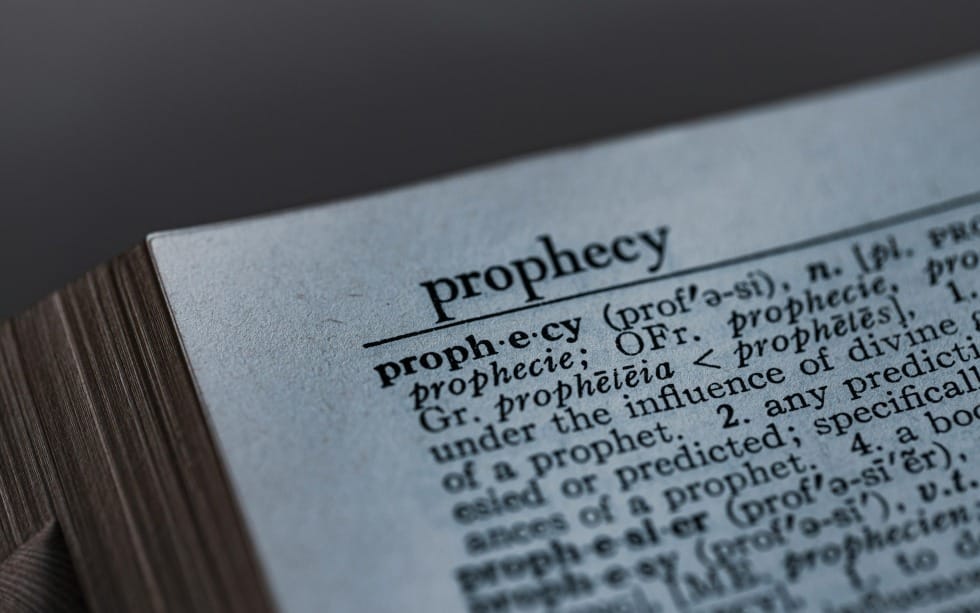How Should I Deal with Prophecy in Revelation? (Revelation 8-13)
Yes, you should debate. Yes, you should discuss. But never lose sight of the main point of the Book of Revelation. It’s to elevate Jesus and show that he is the worthy champion who has and will overcome.

Revelation 8-13
Today's Scripture Passage
A Few Thoughts to Consider
Do you have a hard time reading the Book of Revelation?
N.T. Wright says, “Many people today regard Revelation as the hardest book in the New Testament.” He adds that “many people who are quite at home in the gospels, Acts and Paul find themselves tiptoeing around Revelation with a sense that they don’t really belong there.”[1] But we do, and we should treasure the words we read.
In Revelation 8-13, the narrative unveils the dramatic progression of divine judgment and cosmic conflict. Chapter 8 begins with the opening of the seventh seal, bringing a profound silence in heaven before the seven trumpet judgments are revealed. These trumpets unleash catastrophic events, including hail and fire, water turning bitter, and celestial darkness. Chapter 9 introduces locust-like creatures tormenting humanity and a demonic army causing widespread destruction.
In Chapter 10, John encounters a mighty angel and consumes a bittersweet scroll, symbolizing the prophecy he must deliver. Chapter 11 describes the two witnesses who prophesy and are martyred but are resurrected, emphasizing God's sovereignty. Chapters 12 and 13 shift focus to the cosmic struggle between the woman (symbolizing Israel or the faithful) and the dragon (Satan), detailing Satan's war against God’s people and the rise of the beast and false prophet, representing oppressive political and religious systems.
Regardless of one’s interpretation of these events, one cannot deny the clear battle between good and evil. Also, it’s important to note that these texts are not meant to be taken literally. G.K. Beale notes that “A number of authors of both popular and scholarly commentaries contend that one should interpret literally except where one is forced to interpret symbolically by clear indications of context.” However, he adds that “the predominant manner by which to approach” the Book of Revelation is “according to a nonliteral interpretative method.”[2]
Because much of Revelation isn’t meant to be interpreted literally, many false prophets have stepped in to give their interpretation. As John Walton and Craig Keener write,
Prophecy miscalculations have littered history. For example, Saint Martin of Tours was certain that the final antichrist was already alive—though Martin died in 397. Others predicted the antichrist’s coming for the years 1000, 1184, 1186, 1229, 1345, 1385, and so forth. Thomas Müntzer took part in the Peasant’s Revolt of 1524, expecting this to bring about the final judgment; but after 6,000 peasants died he was captured and executed. In those days, end-time miscalculations often died hard—literally.[3]





